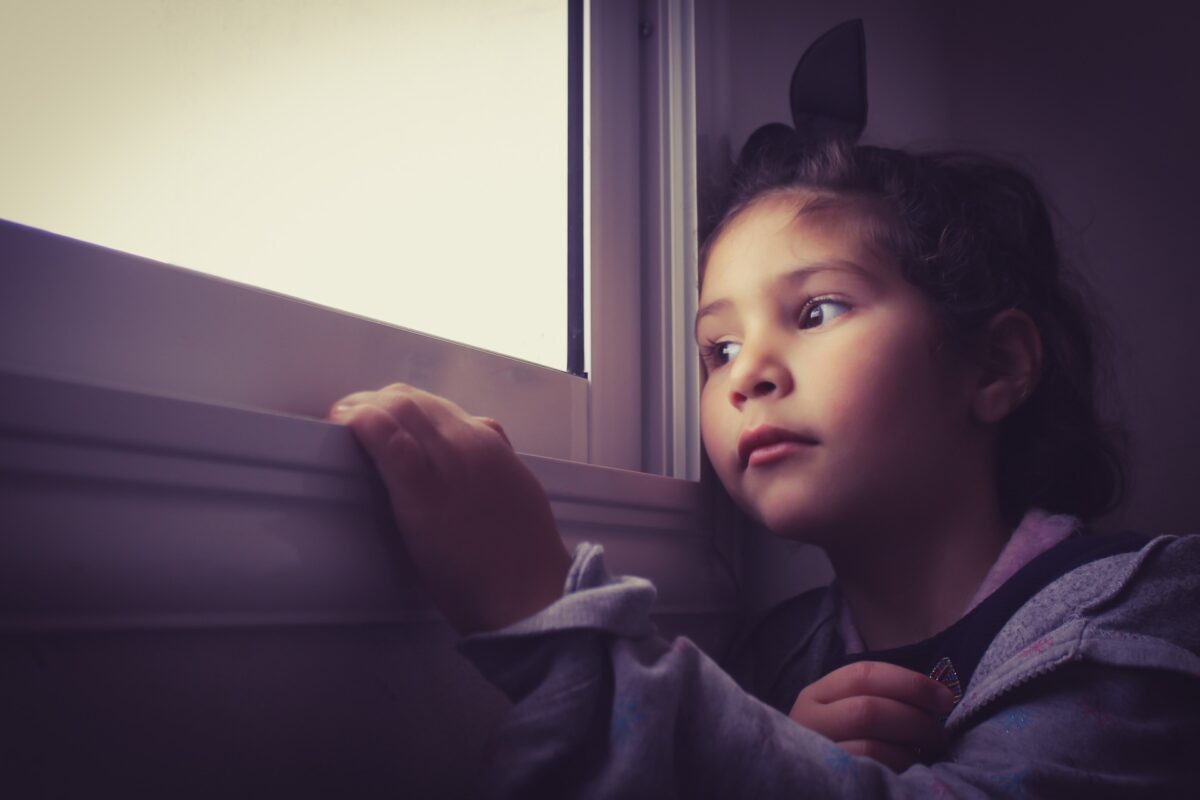Natural solutions for childhood anxiety: A guide for parents
April 9, 2023 by drshawn

As parents, our first priority is always to ensure the physical and emotional well-being of our children. However, with the fast-paced and demanding world that we live in, children, too, are often faced with stress and anxiety. Childhood anxiety can present itself in various ways, including excessive worrying, fear of separation, social anxiety, and panic attacks, among others. While medication is often prescribed for children diagnosed with anxiety disorders, more and more parents are seeking natural and holistic ways to manage their child’s anxiety. In this blog post, I will discuss natural solutions for childhood anxiety that parents can consider to ensure that their children thrive, grow, and develop into well-adjusted adults.
1. Exercise
Regular exercise promotes both mental and physical health and is one of the most effective natural solutions for childhood anxiety. Physical activity releases endorphins, also known as “feel-good” hormones, that naturally reduce anxiety and depression. Exercise can also help children distract themselves from stressful situations, providing them with a sense of control and self-esteem. You can encourage your child to participate in activities such as dancing, running, cycling, or team sports. As a parent, lead by example, and make physical exercise a daily family routine.
The American Heart Association and Centers for Disease Control and Prevention recommend that children and adolescents get at least an hour of physical activity per day. Here are some weekly guidelines for exercise for kids and children:
-
Children ages 6-17 should aim for at least 60 minutes of moderate to vigorous physical activity every day.
-
The 60 minutes of activity can be broken up into shorter bouts throughout the day, such as three 20-minute sessions.
-
Activities that strengthen bones, such as running and jumping, should be done at least three days per week.
-
Activities that strengthen muscles, such as push-ups and climbing, should be done at least three days per week.
-
Encourage children to participate in a variety of physical activities, such as team sports, swimming, bike riding, jumping rope, and dancing.
-
Limit screen time to no more than 2 hours per day.
-
Encourage children to be active with friends and family, such as taking walks or playing in the park.
It is important to match the physical activity level to a child’s age and abilities, and to choose activities that the child enjoys. If a child has a medical condition, it is important to consult with a healthcare professional before starting an exercise program.
2. Mindfulness
Mindfulness refers to being present in the moment and not allowing thoughts of the past or future to affect the present. Being mindful teaches children to focus on the moment and deal with their anxious feelings in real-time. These techniques can be easily incorporated into children’s routines and can include deep breathing, meditation, or yoga. You can start by practicing mindfulness techniques together as a family, which can increase your child’s comfort level with these exercises.
Click here to see a list of 50 mindfulness resources for kids and teens.
3. Aromatherapy
Aromatherapy involves using natural plant extracts or essential oils to improve psychological and physical well-being. Aroma oils, such as lavender and chamomile, are known to be calming and relaxing and can help alleviate anxiety symptoms in children. You can introduce aromatherapy to your child by using a diffuser in their room or applying a few drops of essential oils to their pillowcase.
Here are step-by-step instructions on how to use essential oils for anxiety:
-
Choose an essential oil known to have calming effects, such as lavender, chamomile, ylang-ylang, or bergamot. It is important to choose a high-quality oil that is pure and free of additives.
-
Decide how you want to use the essential oil. Essential oils can be used in a variety of ways to help reduce anxiety, including inhalation, topical application, and aromatherapy.
-
Inhalation: Add a few drops of essential oil to a diffuser, or place a few drops onto a tissue or cotton ball and inhale deeply. This method can help reduce anxiety quickly and is great for use before bed.
-
Topical Application: Dilute the essential oil with a carrier oil, such as coconut or almond oil, before applying it to the skin. Massage the oil into the temples, forehead, or the bottoms of the feet. This method can help reduce anxiety gradually over time.
-
Aromatherapy: Add a few drops of essential oil to a warm bath, or mix with Epsom salt and sprinkle into a warm bath. This method can provide a relaxing and calming experience.
-
Repeat as needed. Essential oils should be used as needed or as part of a regular relaxation routine to help manage anxiety symptoms over time.
-
Pay attention to any adverse reactions. Some people may experience allergic reactions or skin sensitivity to essential oils, so it is important to pay attention to any adverse reactions and stop use if necessary.


